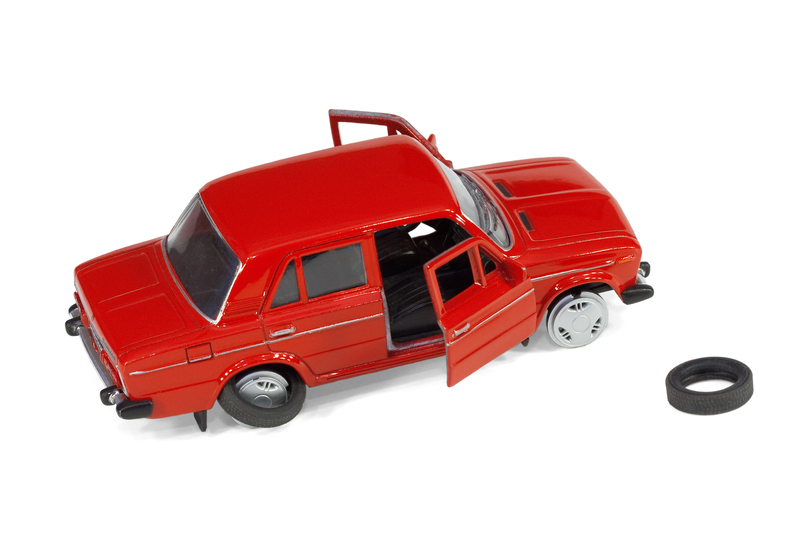Sustainable Lifestyle: Key Tips for Waste-Free Living
Adopting a sustainable lifestyle is no longer just a trend; it's a necessity for a thriving future. As landfills overflow, oceans fill with plastic, and the impacts of climate change intensify, living with less waste is imperative. If you're hoping to make a difference, transitioning to a waste-free lifestyle is one of the most impactful steps you can take. This comprehensive guide will provide crucial sustainable lifestyle tips to help you on your waste-free journey.
What Is a Sustainable Lifestyle?
A sustainable lifestyle is about making choices that lessen your environmental footprint. It includes mindful consumption, reducing waste, conserving resources, and choosing eco-friendly alternatives. At its core, a waste-free lifestyle seeks to minimize rubbish directed to landfills by reducing, reusing, and recycling efficiently.
The Zero Waste Philosophy
The zero-waste philosophy is a powerful component of sustainable living. It focuses on:
- Refusing: Rejecting items you don't need, especially single-use plastics.
- Reducing: Limiting what you consume.
- Reusing: Choosing reusables over disposables and repurposing items.
- Recycling: Properly sorting recyclables and buying recycled goods.
- Rotting: Composting food waste and biodegradable materials.

Benefits of a Waste-Free Lifestyle
Embracing a sustainable lifestyle and committing to waste-free living offers significant advantages:
- Environmental conservation: Reduces landfill waste, pollution, and saves natural resources.
- Health improvements: Limits exposure to chemicals found in processed and packaged foods.
- Financial savings: Cuts costs by eliminating unnecessary purchases and disposables.
- Empowerment: Taking control of your impact creates a sense of fulfillment and purpose.
Essential Tips for a Sustainable, Waste-Free Lifestyle
1. Analyze Your Waste Footprint
Start by understanding your waste habits. Audit your trash for a week. Take note of what you throw away most--from packaging and food waste to personal care products. This information is key for identifying areas to target first on your journey to waste-free living.
2. Shop Mindfully and Buy in Bulk
Every piece of packaging that enters your home is a potential future waste. Instead, embrace these strategies for eco-conscious shopping:
- Bring reusable bags, containers, and jars to grocery stores and bulk shops.
- Buy loose produce and dry goods in bulk where possible--skip the plastic wrappers.
- Support local farmers' markets for fresh, packaging-free goods.
- Choose quality over quantity: Invest in well-made items built to last.
3. Switch to Reusable Alternatives
A waste-free lifestyle is built on reusables. Some of the most impactful swaps include:
- Reusable water bottles and coffee mugs--ditch single-use bottles and cups.
- Cloth shopping bags and produce sacks for groceries and errands.
- Stainless steel or bamboo straws instead of plastic straws.
- Beeswax wraps and glass containers for storing food.
- Rechargeable batteries to avoid constant battery disposal.
- Cloth napkins, towels, and washable cleaning cloths.
4. Compost Organics
As much as 50% of household waste can be composted. Instead of sending food scraps and yard waste to the landfill, turn them into nutrient-rich soil by:
- Starting a compost bin or pile in your backyard.
- Using a kitchen compost pail for easy collection of fruit, vegetable peels, coffee grounds, and eggshells.
- Joining a community composting program if you lack space at home.
5. Practice Minimalism in All Areas
Living a sustainable life goes hand in hand with minimalism. Reduce clutter and waste by:
- Evaluating your purchases--ask if you truly need the item or if there's a waste-free alternative.
- Decluttering regularly--donate, sell, or repurpose unused items.
- Prioritizing experiences over possessions.
- Borrowing, renting, or sharing seldom-used tools or gadgets.
6. Green Your Personal Care Routine
Many personal care products come in plastic packaging and contain harmful chemicals. Consider:
- Solid shampoo, soap, or conditioner bars--plastic-free and long-lasting.
- DIY skincare and hair care recipes using simple, natural ingredients.
- Safety razors, bamboo toothbrushes, and refillable deodorant containers.
- Reusable menstrual products like menstrual cups or cloth pads.
7. Choose Sustainable Fashion
The fast fashion industry is notorious for generating waste and pollution. Shift to sustainable fashion by:
- Buying less, choosing garments made from natural, recycled, or upcycled fibers.
- Supporting ethical brands committed to transparency, fair labor practices, and minimizing waste.
- Shopping second-hand at thrift shops, consignment stores, or online platforms.
- Repairing, altering, or upcycling your clothing instead of discarding it.
8. Reduce Digital Waste
Sustainable living extends to our digital habits--data centers consume significant energy, and old electronics contribute to e-waste. To reduce your digital footprint:
- Delete unnecessary emails, files, and apps regularly.
- Recycle electronics at certified e-waste centers.
- Opt for energy-efficient devices and chargers.
- Choose cloud services with sustainability commitments.
9. Make Eco-Friendly Travel Choices
Waste-free principles can also guide your transportation and travel:
- Use public transport, bike, or walk when possible.
- Carry reusable travel kits: water bottles, utensils, containers, and shopping bags.
- Book eco-conscious accommodations and services that seek to minimize single-use waste.
- Avoid travel-sized disposables--refill your own containers.
10. Educate and Inspire Others
Living a sustainable lifestyle is even more impactful when shared. You can amplify your influence by:
- Sharing your journey and tips on social media, blogs, or in your community.
- Hosting or joining local clean-ups, repair cafes, or zero-waste workshops.
- Advocating for policy changes--support bans on single-use plastics and encourage better recycling systems.
- Teaching children about sustainability so they grow up with waste-free habits.
Common Challenges and How to Overcome Them
Transitioning toward waste-free living is rewarding but not always straightforward. Here are common hurdles and solutions:
- Convenience Culture: Our world is designed for disposability. Anticipate your needs (like packing reusables) and build new habits until they become second nature.
- Limited Access to Bulk or Refillable Stores: Start where you are. Focus on minimizing waste in available categories and ask local stores to stock more options.
- Feeling Overwhelmed: Small, consistent changes are effective. Don't aim for perfection--every waste-free habit counts.
- Lack of Support: Seek out zero-waste or sustainability groups online and locally for encouragement, tips, and community.

Frequently Asked Questions about Sustainable, Waste-Free Living
Is it possible to be completely waste-free?
While zero-waste perfection is a noble goal, it's challenging in modern society. The aim is not absolute zero, but making the most sustainable choices possible, consistently reducing waste where you can.
Is a sustainable lifestyle expensive?
Initially, some reusables (like stainless steel bottles or safety razors) may require investment. However, they save money over time by replacing disposables. Minimalism, mindful shopping, and cutting impulse buys can actually help you spend less.
What about recycling--can't that address most waste?
Recycling is important, but not a cure-all. Many materials are downcycled or not recycled at all. The priority should be reducing and reusing, with recycling as a last resort.
How do I deal with waste from packaging I can't refuse?
Some waste is unavoidable, especially when it comes to medications, certain foods, or necessities. Try to find brands with eco-friendly packaging, buy in bulk, or advocate for better options. Compost or recycle what you can and focus on progress, not perfection.
Conclusion: Your Path to Sustainable, Waste-Free Living
Adopting a sustainable, waste-free lifestyle is a powerful act that benefits the environment, your health, and your wallet. By incorporating the key tips for waste-free living outlined above, and embracing mindful minimalism, each of us can spark positive change. Remember, even small changes made by many people can have a huge collective impact!
Start your journey today: analyze your habits, make simple swaps, and inspire others along the way. Together, we can move closer to a world where living sustainably is the norm, not the exception.